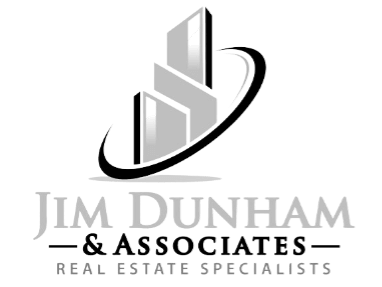Real estate investing is one of the most lucrative investment vehicles out there. However, as with any investment, it’s critical to do a deep dive of the asset to ensure the risk – reward benefit meets your individual investment criteria.
While there are dozens of due diligence items that should be completed prior to a property closing, you can go a long way by starting with 6 basic questions.
1. Is the asset in the path of progress or in a declining geographic area? One thing you cannot do to an investment (at least not easily or economically) is move its physical location. Pay attention to the geographic area and any major changes that may be planned in the future, such as moving a major roadway that would negatively affect your property’s visibility.
2. Are rents at the top of the market? If that’s the case, there may be very little room to increase the rents in the near future. Since the value of the asset is directly related to its cash flow, your property appreciation will be less than stellar, at least over the short term. That may not be an issue, but it’s something to be aware of.
If it’s a commercial property with rents at the top of the market, your opportunity for re-leasing it at those rents may be severely hampered. If a commercial tenant defaults during the term of their lease and you are forced to lease the space at a lower rental rate, the value of your property is instantly lower and you may not be able to meet your debt coverage ratio (DCR).
3. Why is the property available for sale? While no one has a crystal ball, it’s always a good idea to find out as much as you can about why the asset has come available. It may simply be that the Seller has reached the ideal hold time to maximize their return. It may be that cap rates are at all-time lows. It may be due to a personal change in the Seller’s life, such as a divorce, relocation, retirement, etc. And it may be that they are tired of the hassle of self-management. Whatever the case, knowledge is power, so learn what you can!
4. What capital injections will be needed to address any deferred maintenance and maintain the property in the future? Real estate investments require regular capital injections to maintain equipment, make improvements, complete tenant build-outs, replace appliances, update floor coverings – you name it! If you want to maintain a desirable asset well into the future, it’s critical to factor capital expenditures into the budget.
5. What does the supply and demand situation look like? Is your asset category in demand, or is supply outstripping demand? What does the long-term occupancy projection look like? One thing I personally like to do when analyzing investment opportunities is figure out my breakeven (meaning I can pay all the bills, but get no investor profit) and make sure I’m comfortable with that number.
6. Will your exit strategy work when it’s time to dispose of the asset? Make sure your projected hold period will maximize your opportunity to achieve your desired returns. For example, if your rents are at the top of the market at acquisition and you only want to hold the asset for a period of 5 years, you likely will not be able to achieve your desired return on investment. There is simply not enough time for the value of the asset to increase during the short hold period.
The six questions above are just designed to get you started – the due diligence process has many, many more components. Don’t worry though – you don’t have to go it alone! Your experienced commercial real estate broker will be by your side throughout the entire process, navigating any potential pitfalls that may arise.




Comments (0)